Foreign Service Officer Michael Keays presented on his career in the Department of State and his thoughts on United States-Russia policy in a Nov. 12 lunchtime talk and workshop at Colgate University. The event was co-sponsored by the Russian and Eurasian studies program and the political science department.
Keays has served in the Foreign Service for over 30 years in a variety of locations and roles. Most recently, he served as Deputy Chief of Mission at the U.S. Embassy in Suriname and is also currently a senior diplomatic fellow at the Wilson Center in Washington, D.C.
Keays explained that the major continuity of his job throughout his many years of service across the world was his focus on military affairs.
“Most people in the Foreign Service, their continuity is a geographic region of the world. In my case, it’s more of a functional thing. Most of my career would be political, military issues,” Keays said. “If you look at an embassy overseas, oftentimes if it’s a big-enough embassy, there will be a section that has U.S. military personnel attached to it. They’re usually officers and a few enlisted folks, and they represent our military to that country. I work closely with those people as well, but not on the specific military things that they’re working on, but kind of looking at the overall sort of security, the relationship with the U.S. in that country on a whole spectrum of security issues.”
Visiting Assistant Professor of Russian and Eurasian Studies Stanislav Budnitsky initially invited Keays to Colgate. Budnitsky mused about how Keays’ visit presented students with a unique opportunity to engage with an expert whose career they might aspire to or be inspired by.
“I remember loving interacting with Russia’s media industry figures, whom my undergraduate professors regularly brought into class during my studies in journalism. I strive to recreate those experiences for my students,” Budnitsky said. “Visits by experienced professionals enrich students’ academic learning with the guests’ practical insights.”
Keays began by explaining to the student audience what a job in the Foreign Service entails.
“When you join the Foreign Service, as the name implies, you’re generally doing it because you want to represent our country abroad or represent the American people abroad. A typical Foreign Service officer, maybe their career will be at least 20 years, and most of it will be overseas,” Keays said. “Usually the assignments are two or three years in length. You’ll go out on maybe two assignments in a row, of three years, and then come back to a two-year tour in the State Department or something, and then go back out again for two more tours. Most of my 32-year career has been overseas.”
The Foreign Service offered a range of career pathways, Keays explained, from political and economic officers who advise on and respond to current events in their host countries, to consular officers who provide emergency and administrative services to American citizens abroad and public diplomacy officers who manage cultural exchange programs. Keays also highlighted student internship programs for current undergraduate and graduate students offered by the Department of State, and gave tips and pointers on acing the Foreign Service Officer Test, an essential part of his job’s rigorous selection process.
Keays emphasized both the challenges and the rewards involved in working for the Foreign Service. For example, officers in this nonpartisan, professionalized government entity must follow orders from the executive administration without questioning their origins or impact, and may end up contributing to the implementation of policy which they disagree with.
“Orders trickle down to you. You have to go carry out a task, deliver a message, help somebody, whatever you have to do that’s required of you. You can’t just say, ‘Well, I don’t want to do that.’ There’s a certain degree of discipline that you have to follow, and it’s like signing up for the military, except that you’re not wearing a uniform, you’re not carrying a weapon or something like that,” Keays said. “At the end of the day, policy is policy, […] and you’re expected to carry it out when you go overseas, whether you like it or not.”
On the other hand, Keays detailed a special feedback model that allows individual foreign service officers to theoretically influence American foreign policy.
“We have something called the dissent channel. If you are posted to country X and you see that our foreign policy there doesn’t seem to be working, and it’s not producing the desired results, in fact, maybe it’s hurting the relationship between that country and the U.S., we do have a means by which you can point that out to State Department leadership,” Keays said. “I point that out because that’s pretty unique in the U.S. government. And I think it’s kind of a neat feature that some of our best diplomats have used that dissent channel to try to change policy.”
Keays further pointed out the benefits of a job in the Foreign Service, including the unique opportunity to travel and live internationally, and what he saw as a special ability to make a difference in the world.
“Hopefully it comes through that I really like this work. I wouldn’t be doing it for 32 years if I didn’t like it. And sometimes I really have to pinch myself, and I can’t believe I’m getting paid to do this […]. It’s fascinating work, and it’s meaningful work,” Keays said. “You’re experiencing things that most Americans aren’t.”
Keays went on to share some personal anecdotes about his time in Russia and Jamaica, including the time he personally conveyed information from an American surgeon to the Kremlin about how to treat former Russian president Boris Yeltsin’s heart problems. Influenced by an early interest in Soviet-era diplomat George Kennan’s memoirs, Keays’ current project at the Wilson Center also focuses on how to re-engage with Russia — diplomatically, economically and culturally — after the war in Ukraine.
“I think most people who’ve dealt with Russia for our government would say that it will improve at some point, that it’s kind of like a sine curve that goes up and down, and it’s definitely at the bottom right now,” Keays said. “Hopefully it’ll start its way back up, but it’s dependent on a bunch of variables, not the least of which is somehow ending this conflict in Ukraine. And until that happens, I think I don’t see anything changing.”
Having served as consul general at the U.S. Consulate General in Vladivostok, Russia, and in a role at the U.S. Embassy in Moscow, Keays offered a unique perspective on Russia’s future trajectory.
“I like to say in general, on U.S.-Russia relations, I’m both a realist and an optimist,” Keays said. “I’m realistic about assessing things as they are and trying to be clear-eyed, and seeing things as they are, and explaining that to my government. I’m an optimist in that I think that it’s going to improve itself.”
Budnitsky appreciated these insights, and others.
“[Keays’] stories about his cool reception by Russian authorities versus average Russians’ enthusiasm for the U.S. Consulate’s cultural programming were not only fascinating but also held penetrating policy insights about distinguishing between higher-level and public diplomacy in Russia-U.S. relations,” Budnitsky said. “I am incredibly grateful that [Keays] generously took the time to drive to Colgate.”
Sophomore Anneliese Coleman attended the talk to learn more about a job in the Foreign Service, which she was interested in pursuing herself. She came away with a lot to reflect on about this possible career path.
“I wanted to attend the main discussion event to hear more about opportunities within the State Department and what exactly his job entails, as I’m interested in foreign affairs and working in the federal government,” Coleman said. “I thought the discussion was interesting, especially the stories he shared at the end about his experiences in Russia and Jamaica.”
The visit was mutually edifying, as Keays ultimately came away from Colgate having gained something as well — hope for the future.
“I would like to say that I was very impressed by the students and the faculty here at the University. I was very honored to have as many people show up to these events, and it gives me hope,” Keays said. “I feel like we’re leaving the service in good hands. I feel when I come to a place like this, and I see everybody’s interest here in world affairs and living productive, positive, constructive lives […], I feel good about the future.”


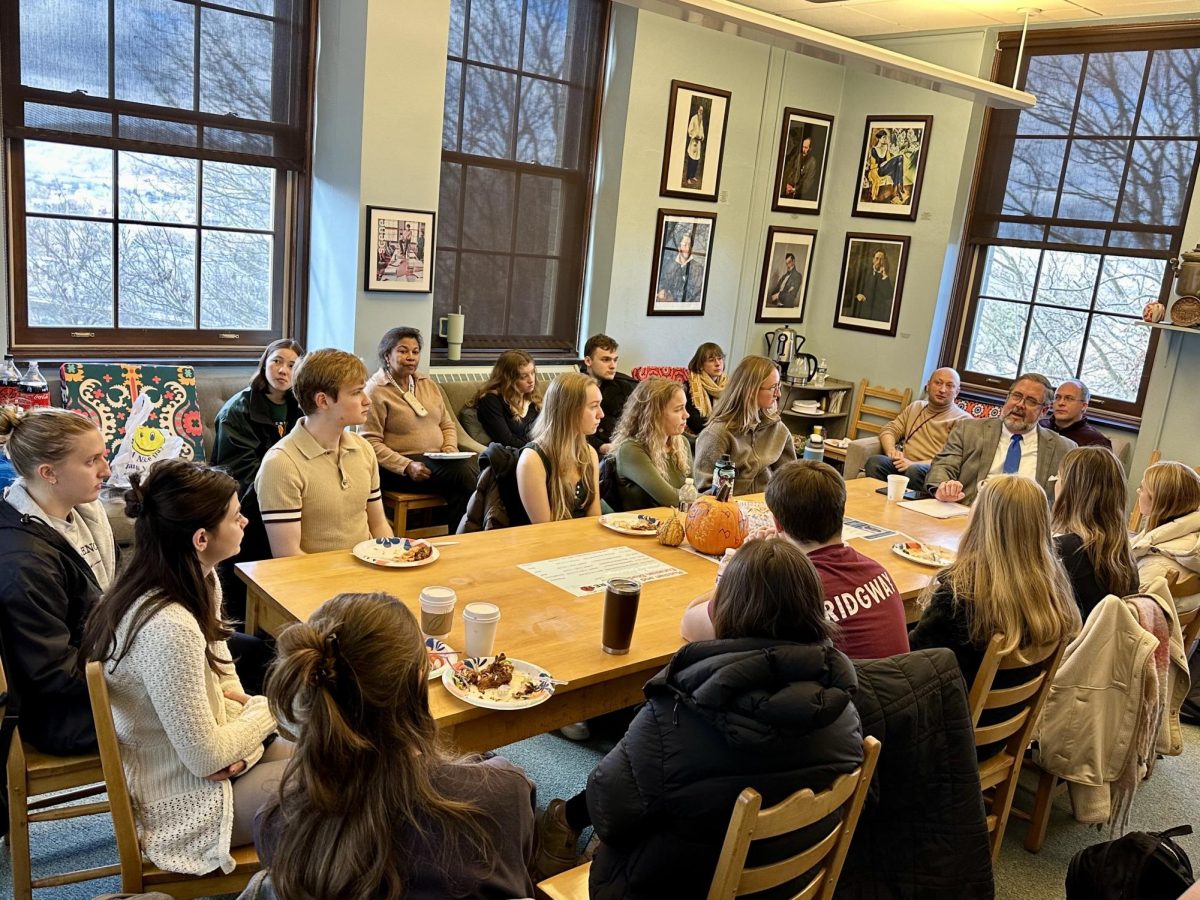



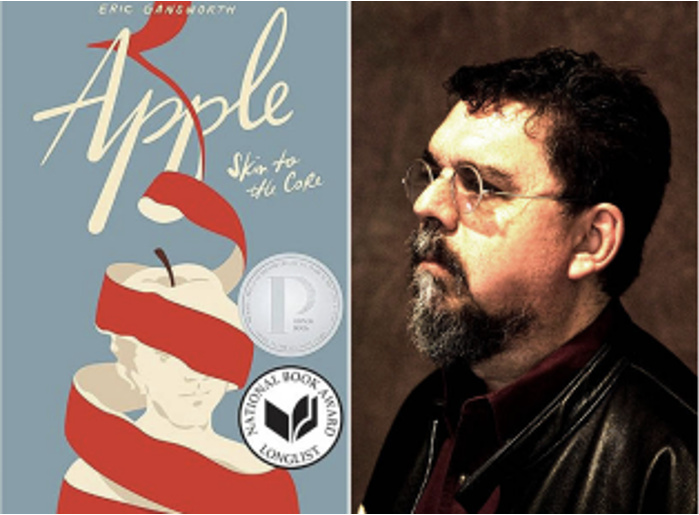

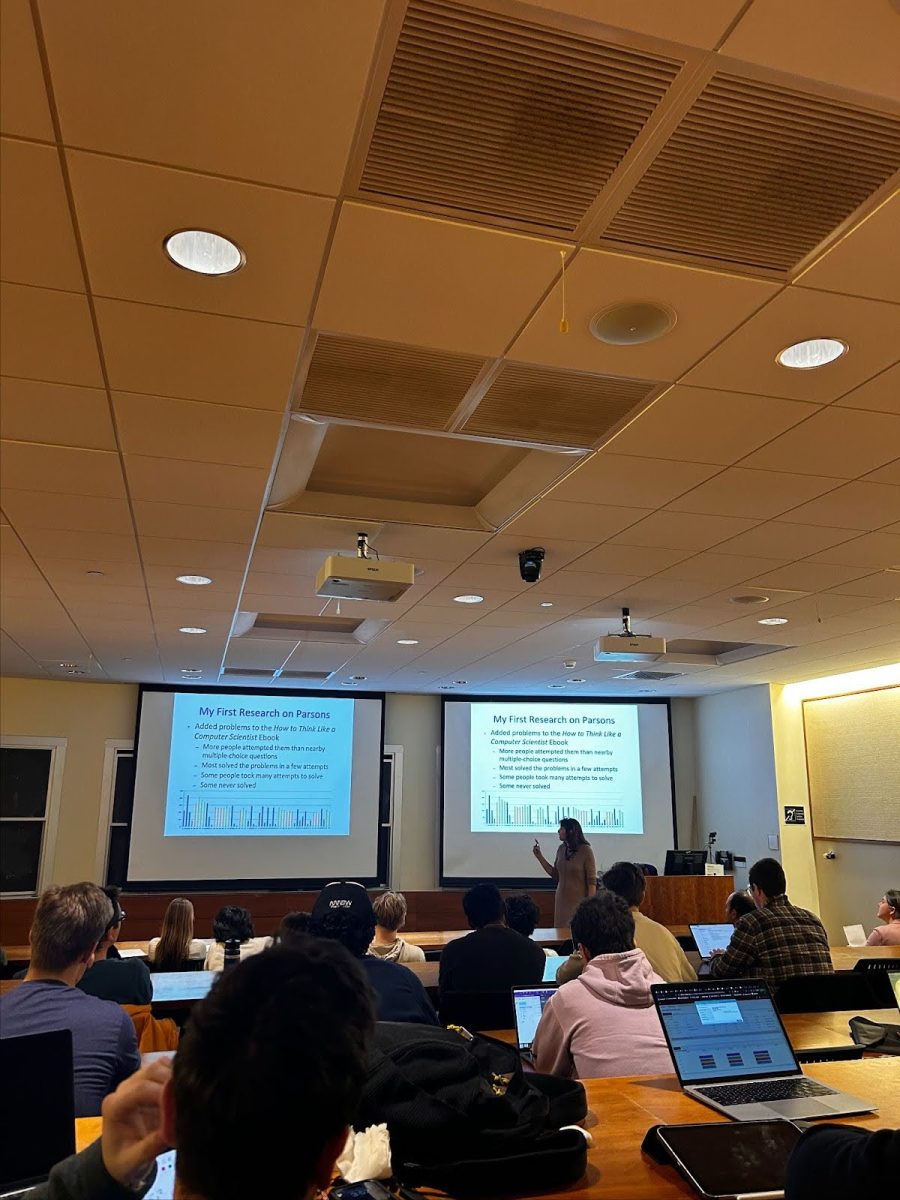
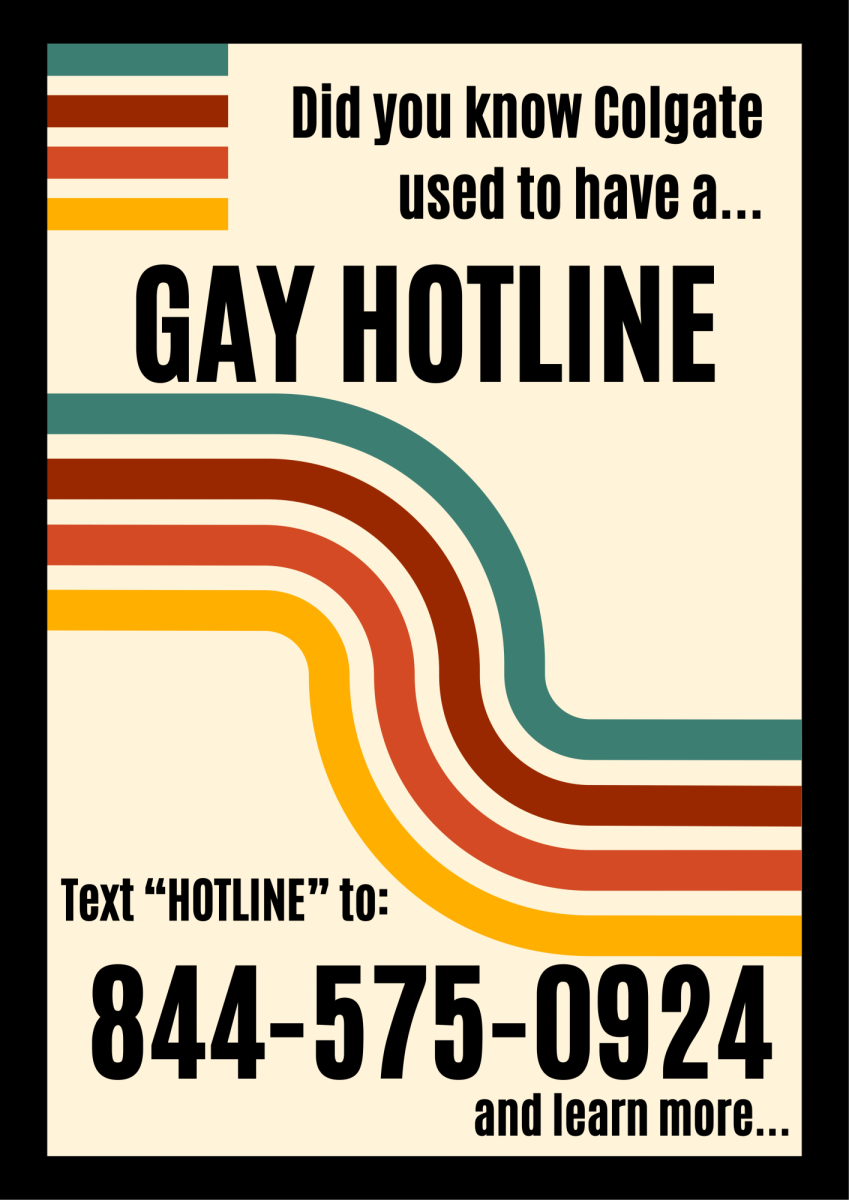

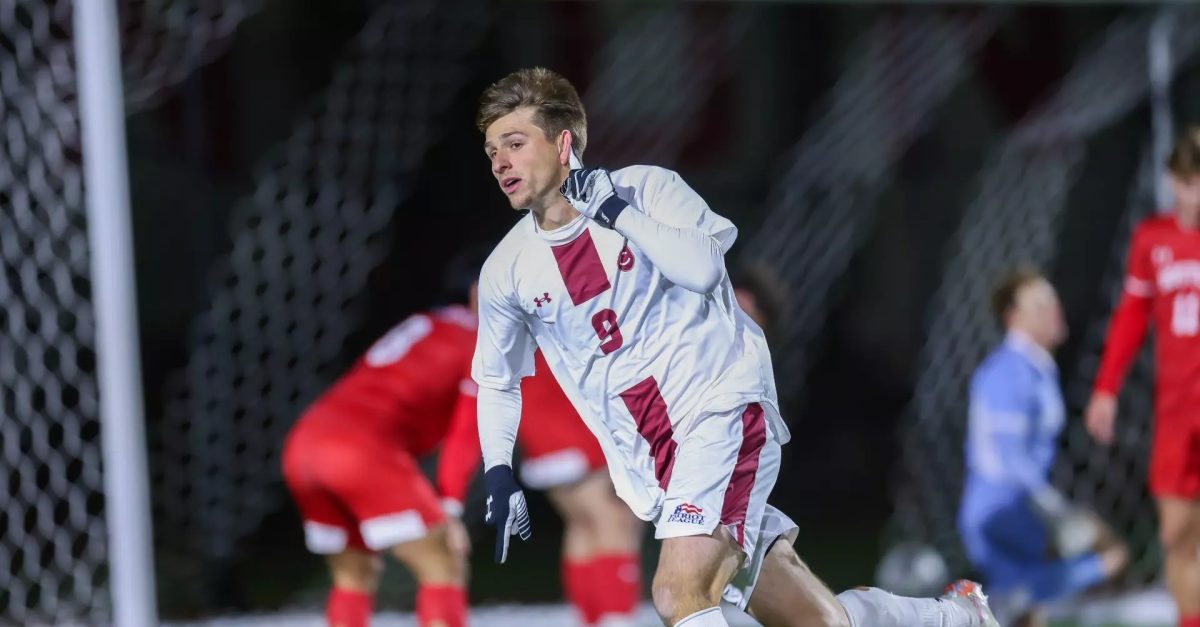

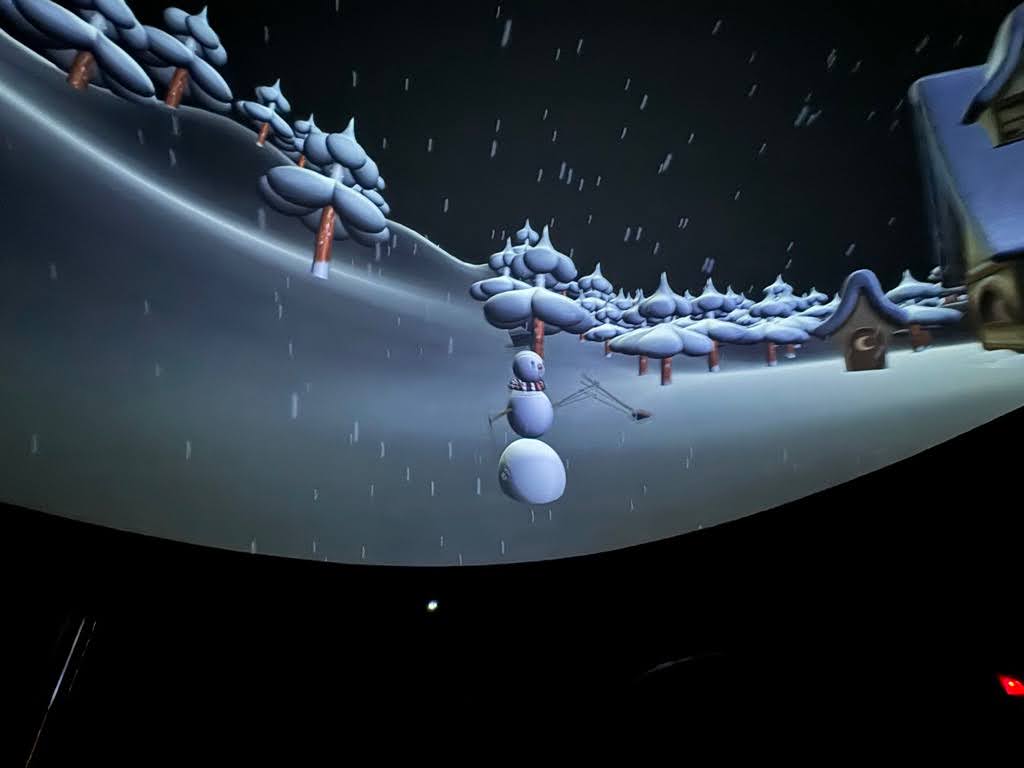
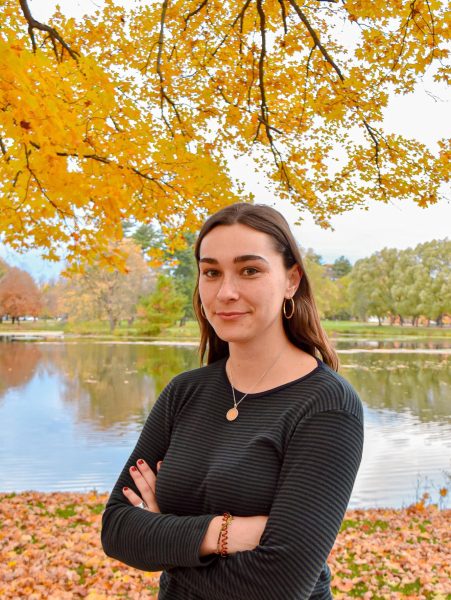
Ankita • Dec 1, 2024 at 2:01 am
Absolutely fantastic article. I wish if I could personally attend this event live. Mr Keays is a seasoned diplomat and it clearly shows from his informative lecture. This article/ lecture is a very crisp and concise way of understanding how to be a diplomat (of any country), so students from all over the world can get an idea about what people in foreign service generally do, what their career path looks like. Best wises!!